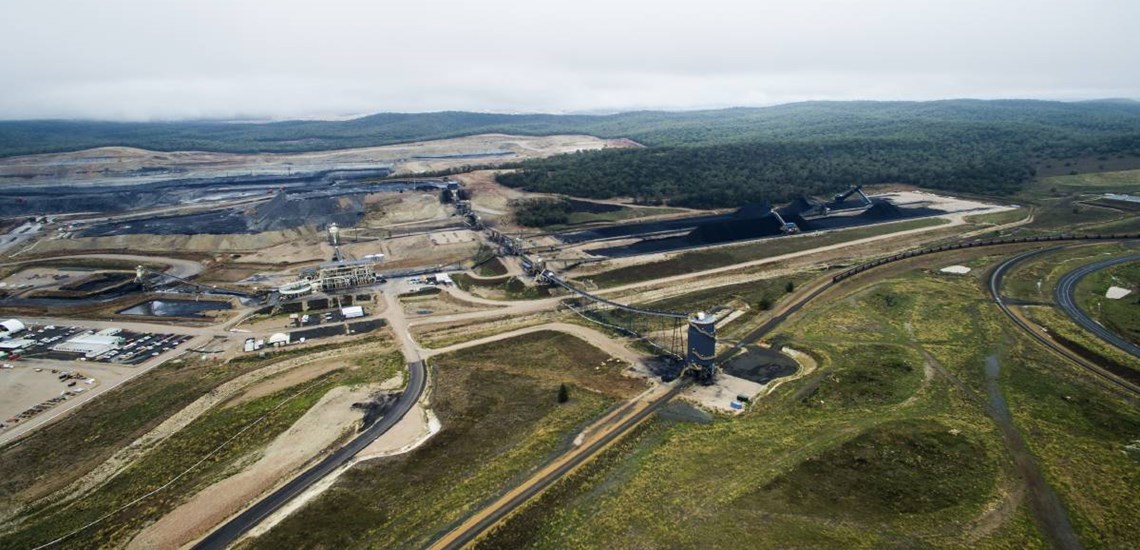Australian mining giant Whitehaven Coal (WHC) is under fire over plans to bury hundreds of used heavy-machinery tyres on its Tarrawonga Coal Mine site in the Gunnedah Basin, north of Sydney in New South Wales.
Whitehaven Coal to Bury 730 Tyres
The mine sits within the boundary of the Leard State Forest and is expected to close by 2028.
WHC has applied to modify its development consent to allow for the disposal of an estimated 730 tyres on the site.
That includes an estimated 187 tyres stockpiled on site and about 78 tyres each year until the mine closes.
The company argues recycling the tyres is not a realistic option despite the existence of a National Tyre Product Stewardship Scheme, first launched by the then Environment Minister Greg Hunt in 2014.
“Recycling facilities do not exist proximal to the TCM,” the company said.” The transport of waste heavy-vehicle tyres to these (recycling) facilities is not viable.”
It has also made a similar application for its Werris Creek mine, which is expected to close by 2025. The company is expected to rehabilitate the sites but local landholder Ros Druce doubts that this would be possible under the landfill plans.
“Why should a mining company be allowed to bury hundreds of tonnes of waste tyres under a rehabilitation site that was never contaminated with tyres?” she said.
“It could cause ongoing environmental issues in the future, beneath the trees that are to replace the pre-mining forest. If a farmer in NSW was to bury waste tyres on their farm it would be an offence.”
The Narrabri Shire Council wants the company to provide more information on how it would monitor soil and water quality.
It said it could not support the project in its current form.
A WHC spokesperson said the mining industry was looking at ways tyres could be disposed with minimal environmental impact.
“Where this practice does occur, tyre disposal in soil emplacements should not compromise the stability of final landforms,” the spokesperson said.
The EPA has recommended that if approval to bury tyres is granted, it should be reviewed every two years to assess if alternative methods of recycling have improved.
A WHC spokesperson says the company “is committed to reviewing its approach regularly to assess the feasibility and cost-effectiveness of alternative approaches”.


















